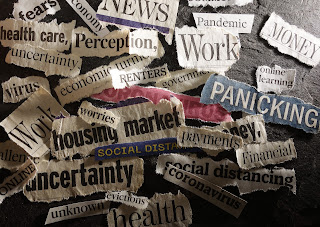Are We Worrying About the ‘Right’ Retirement Risks?

As if there wasn’t enough to worry about regarding retirement—a new research paper suggests we’re not worrying about the “right” things. More precisely, that paper, published by the Center for Retirement Research at Boston College, was titled, “ How Well Do Retirees Assess the Risks They Face in Retirement? ” And, as you might suppose, the answer provided at the conclusion of the paper is—“not very well.” The premise of the paper relies on the author’s identification of five major risks in retirement, which turn out to be: Longevity risk (the risk of outliving one’s resources) Market risk (the financial risk not only from the markets, but from things like the housing market) Health risk (the risk of unexpected medical and long-term care expenses) Family risk (the risks arising from divorce, death, or the unexpected illness of an adult child) Policy risk (notably the sustainability at current benefit levels of Social Security) Arguably, all of these are legitimate risks tha...



